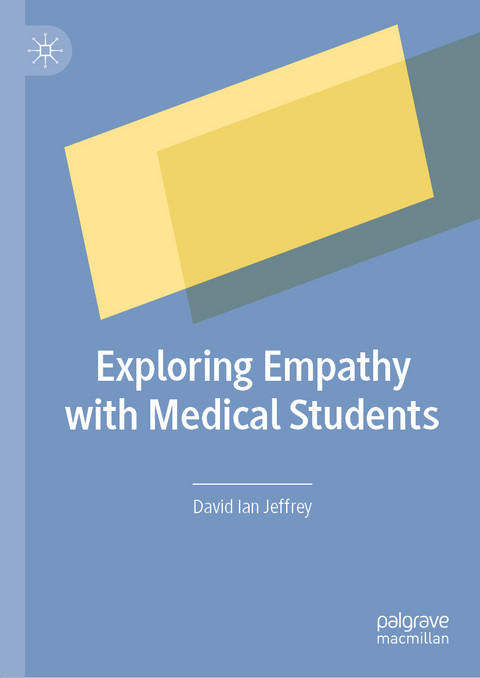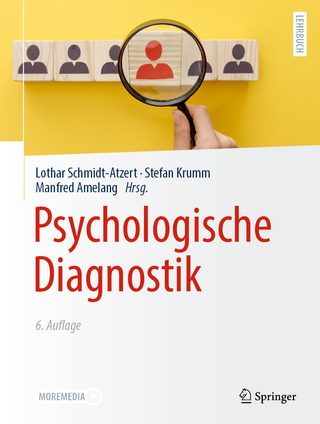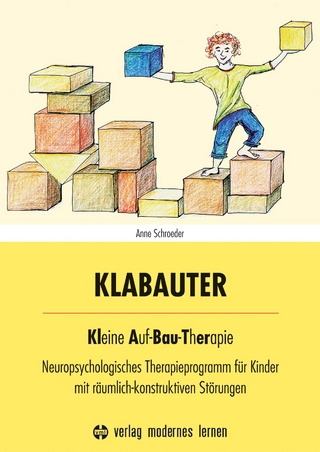
Exploring Empathy with Medical Students
Seiten
2019
|
1st ed. 2019
Springer International Publishing (Verlag)
978-3-030-11210-3 (ISBN)
Springer International Publishing (Verlag)
978-3-030-11210-3 (ISBN)
This book investigates new insights into the factors influencing empathy in medical students. Addressing the widely perceived empathy gap in teaching and medical practice, the book presents a new study into how this emotion is facilitated in the UK undergraduate medical curriculum, and its influence on doctor-patient relationships. The author utilises Interpretative Phenomenological Analysis (IPA) to investigate how medical students' perspective on empathy changed throughout their education. It presents the risks students perceive when connecting emotionally with patients; their use of detachment as a taught coping mechanism; and the question of how they regulate their emotions.
The book reveals the tension between students' connection with and detachment from a patient and their aim to achieve an appropriate balance. The author presents a number of factors which seem to enhance empathy, and explores the balance of scientific biomedical versus psychosocial approaches in medical training. In contrast to the commonly-reported opinion that there has been decline in medical students' empathy, this book contends that student empathy in fact increased during their training. This new study offers invaluable insight into how students and practitioners may be supported in dealing appropriately with their emotions as well as with those of their patients, thereby facilitating more humane medical care.
The book reveals the tension between students' connection with and detachment from a patient and their aim to achieve an appropriate balance. The author presents a number of factors which seem to enhance empathy, and explores the balance of scientific biomedical versus psychosocial approaches in medical training. In contrast to the commonly-reported opinion that there has been decline in medical students' empathy, this book contends that student empathy in fact increased during their training. This new study offers invaluable insight into how students and practitioners may be supported in dealing appropriately with their emotions as well as with those of their patients, thereby facilitating more humane medical care.
David Ian Jeffrey is Honorary Lecturer in Palliative Medicine at the University of Edinburgh, UK and formerly Consultant in Palliative Medicine, Cheltenham UK. Previous published books include, Medical Mentoring (2014) and (co-author E. Jeffrey) Enhancing Compassion in End-of-Life Care Through Drama (2013).
Chapter 1: Introduction.- Chapter 2: The research setting and study design.- Chapter 3: Empathy: from attribute to relationship.- Chapter 4: Emotions and Empathy.- Chapter 5: Enhancing Empathy.- Chapter 6: Barriers to empathy: The Medical School Culture.- Chapter 7: Barriers to empathy: The Curriculum.- Chapter 8: Changes in students' empathy during their training.- Chapter 9: Summary and Implications.
| Erscheinungsdatum | 07.02.2019 |
|---|---|
| Zusatzinfo | XII, 238 p. 2 illus., 1 illus. in color. |
| Verlagsort | Cham |
| Sprache | englisch |
| Maße | 148 x 210 mm |
| Gewicht | 457 g |
| Themenwelt | Geisteswissenschaften ► Psychologie |
| Schlagworte | bedside teaching • Burnout • Emotional Regulation • ethics in medicine • General Medical Council (GMC) • interpersonal empathy • Interpretative Phenomenological Analysis • intrapersonal empathy • medical education • medical undergraduate • Problem-Based Learning • Professional detachment • Prosocial Behaviours • studying medicine |
| ISBN-10 | 3-030-11210-1 / 3030112101 |
| ISBN-13 | 978-3-030-11210-3 / 9783030112103 |
| Zustand | Neuware |
| Haben Sie eine Frage zum Produkt? |
Mehr entdecken
aus dem Bereich
aus dem Bereich
Erfahrungen eines Psychoanalytikers
Buch | Softcover (2023)
Schattauer (Verlag)
22,00 €
Kleine Auf-Bau-Therapie - Neuropsychologisches Therapieprogramm für …
Buch (2023)
modernes lernen (Verlag)
29,95 €


